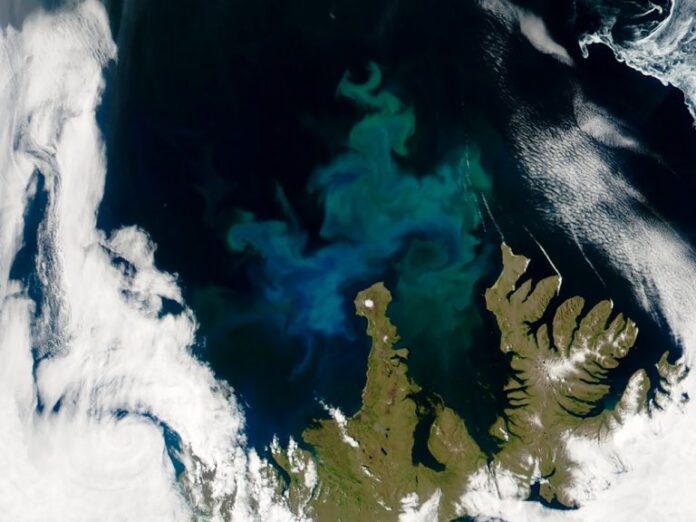Microorganisms in the ocean called phytoplankton are very important for the health of the ocean. Photosynthesis is how these tiny power plants make half of the oxygen in the world.
Everything from shrimp to whales eats phytoplankton, which is the base of the marine food web. In addition, they are very important for absorbing carbon dioxide, which helps fight climate change.
Phytoplankton populations show how healthy the ocean is and help scientists track changes in the environment. Marine ecosystems would fail without phytoplankton.
In this blog post, we talk about the amazing effects of these microscopic marvels. Continue reading!
What are Phytoplankton?
Phytoplankton are tiny living things that float in the water and are the base of the marine food web. These tiny aquatic organisms that look like plants can do photosynthesis, which means they can use sunlight to make energy.
Phytoplankton are very important to the health and balance of ocean ecosystems, even though they are very small.
The Role in Photosynthesis and Oxygen Production
One of the most important things that phytoplankton do is photosynthesis, which is something that plants do on land. Their job is to take in carbon dioxide and give off oxygen.
Phytoplankton are thought to be responsible for at least half of the oxygen in the air. This helps not only marine life but also animals that live on land, like people.
Phytoplankton as the Base of the Marine Food Web
Phytoplankton are the first step in the energy pyramid because they are the main producers in the marine food web. Phytoplankton is eaten by zooplankton and small fish.
Small fish are then eaten by bigger fish. The whole marine food web would fall apart without phytoplankton, which would be terrible for marine biodiversity.
Climate Regulation and Carbon Sequestration
Phytoplankton are also very important for keeping the Earth’s climate stable. In the process of photosynthesis, they take in a lot of carbon dioxide from the air.
This has two effects: it lessens the effects of global warming and helps store carbon. Phytoplankton takes in carbon, which is then moved to the deep ocean when the marine organisms die and sink.
Threats to Phytoplankton Populations
Phytoplankton are very important but face many threats. They are tiny plants that live in the ocean. Changes in the climate, pollution, and the acidification of the oceans are all big issues for them.
They may move and grow faster if the seas get warmer. Algal blooms that are harmful to marine life can be caused by farm pollution that has a lot of nitrogen and phosphorus in it.
Supporting Marine Ecosystems
A lot of living things in the ocean depend on phytoplankton. Less pollution, less carbon emissions to fight climate change, and more research into how the ocean works are all things we can do to protect them.
People can also help by making choices that are good for the environment and supporting projects that want to purchase phytoplankton, which can be used for many things, from making food supplements to raising fish.
Discover the Hidden World of Phytoplankton
Phytoplankton are very important to the health of the ocean and the ecosystem as a whole. It’s impossible to overstate how well they make oxygen.
Phytoplankton’s ability to store carbon also helps slow down climate change. Protecting phytoplankton should be a global priority, even though it faces many threats.
We can help protect these important organisms by supporting efforts to be more sustainable. Phytoplankton populations are very important to the health of our oceans.
Did you like this guide? Great! Please browse our website for more!
